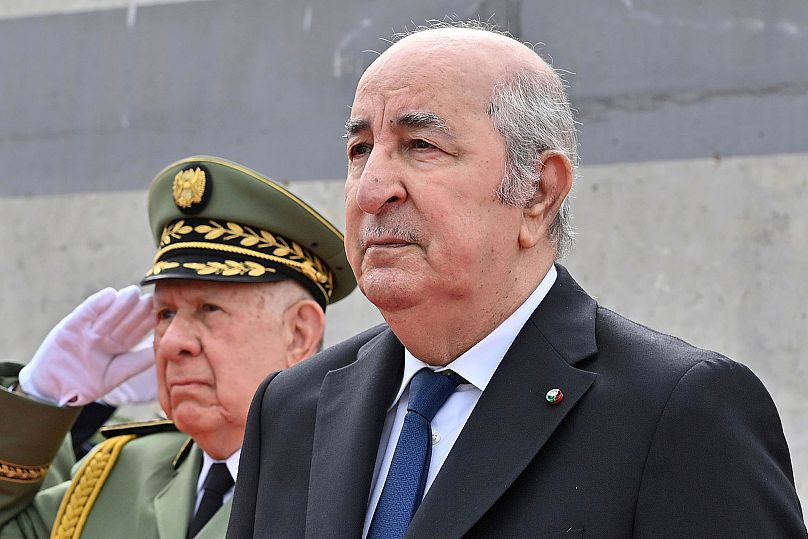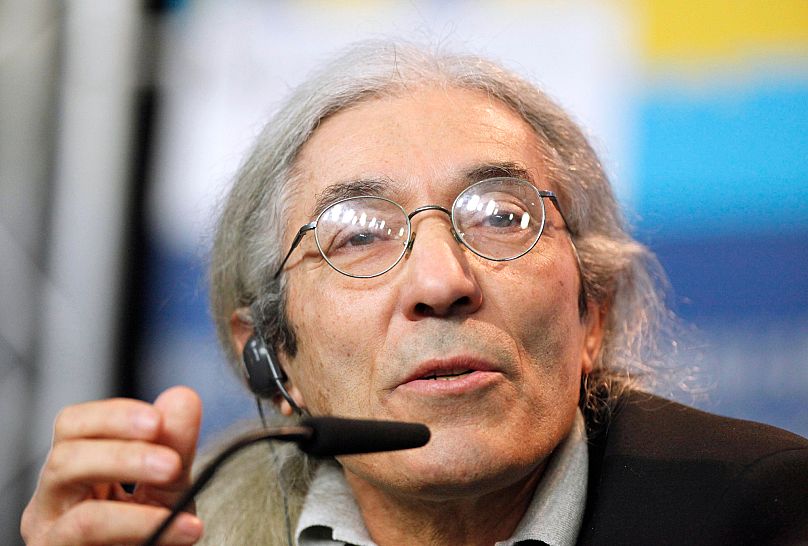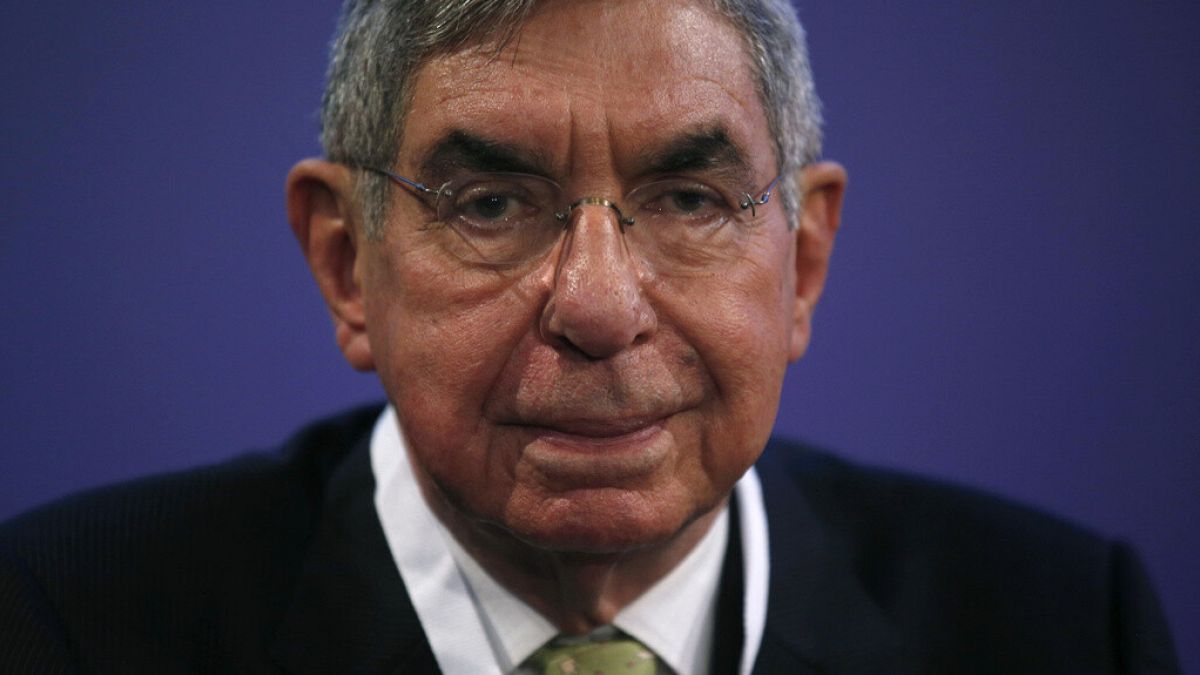France to ‘reexamine’ 1968 migration pact with Algeria amid diplomatic tensions
French Prime Minister François Bayrou announced on Wednesday that his government will be “reexamining” a 1968 migration pact which has historically made it easier for Algerians to settle in France.
Algeria’s Ministry of Foreign Affairs responded firmly to Bayrou on Thursday, warning that the country would not accept being “addressed with ultimatums, warnings or threats”.
Tensions between Paris and Algiers have escalated since last Saturday, when an Algerian citizen who had received an Obligation de Quitter le Territoire Français, an order compelling him to leave French territory, killed one person and injured others in a knife attack in the city of Mulhouse.
“The drama in Mulhouse was possible because this Algerian citizen was under orders to leave the country and was presented for repatriation 14 times… and each time refused,” Bayrou told a news conference on Wednesday.
The French government has accused Algiers of not respecting its side of the 1968 deal, which was instated after the former French colony gained independence in 1962.

The agreement has been revised several times, including with the introduction of a visa requirement for Algerian nationals in 1986.
Bayrou argued that the agreement grants Algerians nationals “considerable advantages” which were “justified by history”, but that Algiers has been refusing to cooperate on “fundamental points” including “the readmission of Algerian citizens”.
He said the French government would need up to six weeks to examine the situation, adding that the Algerian government would receive “an emergency list of people who should be able to return to their country and whom we consider to be particularly sensitive”.
“We want to find ways of ensuring that the agreements are respected. If this is not the case, the special benefits will have to be called into question”, Bayrou warned.
Algeria’s Ministry of Foreign Affairs responded by stating that “any tampering with the 1968 agreement, which has already been stripped of its essence and substance, will result in Algeria taking a similar decision regarding other agreements and protocols of the same nature”.
At the same press conference, Bayrou raised concerns over the situation of Franco-Algerian writer Boualem Sansal, who has been detained by Algeria since November. President Emmanuel Macron has accused Algeria of “disgracing itself” by imprisoning the 75-year-old critic of the Algerian government.
Algerian lawmakers accused the European Parliament of interference after it passed a motion criticising the arrest of Sansal last month.

The latest spat comes as relations between France and its former colony have been deteriorating for months, with France’s Interior Minister Bruno Retailleau previously accusing the Algerian government of seeking to “humiliate” France.
Tensions intensified in July after Macron’s government reversed its historical position on the disputed territory of Western Sahara, choosing to support Morocco’s longstanding claim.
The move proved very unpopular with Algeria, which supports the local Sahrawi people’s claim to self-determination. To express its disapproval of France’s decision, the Algerian government recalled its ambassador from Paris.
After being re-elected in September, Algerian President Abdelmadjid Tebboune announced he would not travel to France, having repeatedly postponed a state visit that was first planned for May 2023.
Since coming to power, Tebboune has repressed freedom of expression in Algeria, imprisoning journalists and pro-democracy activists.
A dispute over influencers
The Franco-Algerian diplomatic has even spread to social media, with French authorities arresting and detaining a string of Algerian influencers, some of whom are dual nationals.
The influencers have been accused of expressing their support for Algerian authorities online and inciting violence against France.
Particularly contentious was the case of Boualem Naman, 59, a cleaner who goes by the name of “Doualemn” on social media. He was arrested in early January for promoting violence against an Algerian opposition activist on social media.
Naman was subsequently deported to Algeria, but was barred from entry, as authorities insisted he deserved the right to a fair trial in France.
Naman’s expulsion order was later lifted by a local administrative court, a decision which Retailleau said he would appeal.
